In 1934, Frank Hamer and Manny Gault, two former Texas Rangers, are commissioned to put an end to the wave of vicious crimes perpetrated by Bonnie Parker and Clyde Barrow, […]
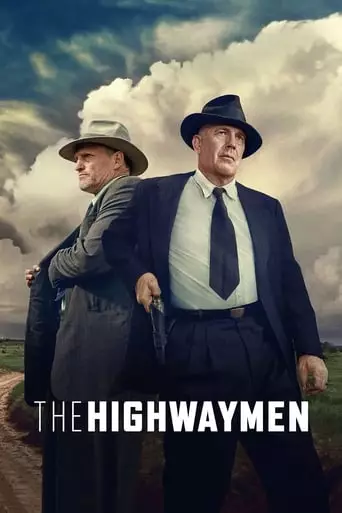
In 1934, Frank Hamer and Manny Gault, two former Texas Rangers, are commissioned to put an end to the wave of vicious crimes perpetrated by Bonnie Parker and Clyde Barrow, […]
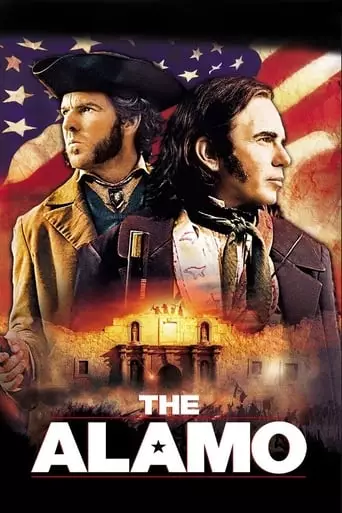
Based on the 1836 standoff between a group of Texan and Tejano men, led by Davy Crockett and Jim Bowie, and Mexican dictator Santa Anna’s forces at the Alamo in […]
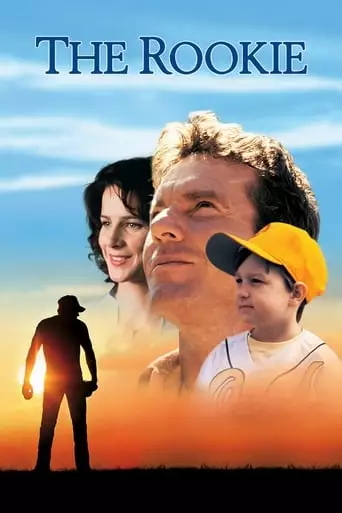
Jim Morris never made it out of the minor leagues before a shoulder injury ended his pitching career twelve years ago. Now a married-with-children high-school chemistry teacher and baseball coach […]
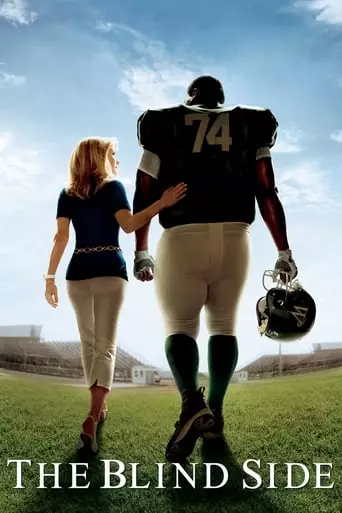
The story of Michael Oher, a homeless and traumatized boy who became an All American football player and first round NFL draft pick with the help of a caring woman […]
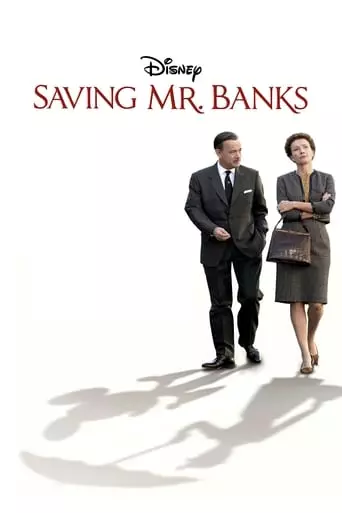
Author P. L. Travers looks back on her childhood while reluctantly meeting with Walt Disney, who seeks to adapt her Mary Poppins books for the big screen. Saving Mr. Banks […]
John Lee Hancock: A Master of Americana and Inspirational Storytelling
John Lee Hancock is an accomplished filmmaker whose work often explores the resilience of the human spirit and the complexity of American life. Known for directing critically acclaimed films like The Blind Side (2009), Saving Mr. Banks (2013), and The Founder (2016), Hancock’s storytelling is characterized by its emotional depth, strong character development, and a focus on real-life narratives. With a career spanning over three decades, Hancock has earned a reputation as a director who brings authenticity and heart to the big screen.
Early Life and Career Beginnings
John Lee Hancock Jr. was born on December 15, 1956, in Longview, Texas. Raised in a family that valued storytelling and tradition, Hancock’s upbringing in the American South deeply influenced his perspective as a filmmaker. After earning a degree in English from Baylor University and a law degree from Baylor Law School, Hancock initially pursued a career in law before realizing his passion for filmmaking.
Hancock moved to Los Angeles to pursue his dream, starting as a screenwriter. His first major credit came with the screenplay for A Perfect World (1993), directed by Clint Eastwood. The film, a poignant crime drama starring Kevin Costner, showcased Hancock’s talent for crafting emotionally rich narratives and set the stage for his transition to directing.
Directorial Debut: The Rookie
Hancock made his directorial debut with The Rookie (2002), a sports drama based on the true story of Jim Morris, a high school baseball coach who achieves his dream of playing in Major League Baseball in his late 30s. Starring Dennis Quaid, the film was a critical and commercial success, praised for its inspirational message and heartfelt storytelling. The Rookie established Hancock as a filmmaker with a gift for bringing real-life stories to the screen in a way that resonated with audiences.
Breakthrough with The Blind Side
Hancock’s breakthrough came with The Blind Side (2009), a biographical drama based on the life of Michael Oher, a homeless teenager who becomes an NFL star with the help of a compassionate family. Starring Sandra Bullock in an Academy Award-winning performance, the film was a box-office sensation and earned a Best Picture nomination at the Oscars.
The Blind Side exemplified Hancock’s ability to craft emotionally engaging narratives that celebrate human kindness and perseverance. The film’s universal appeal and uplifting story cemented Hancock’s place as one of Hollywood’s most sought-after directors.
Exploring Iconic Stories: Saving Mr. Banks and The Founder
In Saving Mr. Banks (2013), Hancock delved into the behind-the-scenes story of the making of Mary Poppins. The film explores the complex relationship between Walt Disney (played by Tom Hanks) and P.L. Travers (Emma Thompson), the author of the Mary Poppins books. With its mix of nostalgia, humor, and emotional depth, Saving Mr. Banks was widely praised for its performances and Hancock’s sensitive direction.
Hancock continued his exploration of American icons with The Founder (2016), a biographical drama about Ray Kroc, the businessman who transformed McDonald’s into a global empire. Starring Michael Keaton, the film offered a nuanced portrayal of ambition, ethics, and the cost of success. Hancock’s direction captured the duality of Kroc’s character, making The Founder a compelling study of the American Dream.
Venturing into Crime and Suspense
In 2019, Hancock shifted gears with The Highwaymen, a historical crime drama about the Texas Rangers who brought down Bonnie and Clyde. Starring Kevin Costner and Woody Harrelson, the film offered a fresh perspective on the infamous outlaws, focusing on the lawmen’s determination and moral struggles. Released on Netflix, The Highwaymen demonstrated Hancock’s versatility as a director and his ability to tackle darker, more introspective material.
In 2021, Hancock directed The Little Things, a psychological thriller starring Denzel Washington, Rami Malek, and Jared Leto. The film, which explores themes of guilt and obsession, marked a departure from Hancock’s usual focus on inspirational stories, showcasing his range as a filmmaker.
Signature Style and Themes
John Lee Hancock’s films are defined by their focus on character-driven storytelling and their ability to evoke strong emotional connections with audiences. His work often explores themes of redemption, ambition, and the pursuit of the American Dream. Whether telling the story of a struggling athlete, a visionary entrepreneur, or a conflicted lawman, Hancock brings a sense of authenticity and humanity to his characters.
Visually, Hancock’s films are marked by their warm, naturalistic cinematography and attention to period detail. His direction emphasizes performance, allowing actors to fully inhabit their roles and bring depth to their characters.
Legacy and Impact
John Lee Hancock’s career is a testament to his skill as a storyteller and his dedication to exploring the human condition. His films have not only entertained audiences but also sparked conversations about resilience, morality, and the complexities of life. With multiple critically acclaimed projects to his name, Hancock has established himself as a director who creates meaningful, impactful cinema.
Conclusion
From the inspirational triumph of The Rookie to the poignant drama of Saving Mr. Banks, John Lee Hancock’s films capture the essence of the human experience with grace and authenticity. His ability to tell stories that are both personal and universal has made him a respected figure in Hollywood. As he continues to explore new genres and narratives, Hancock’s work remains a powerful reminder of the enduring power of storytelling.